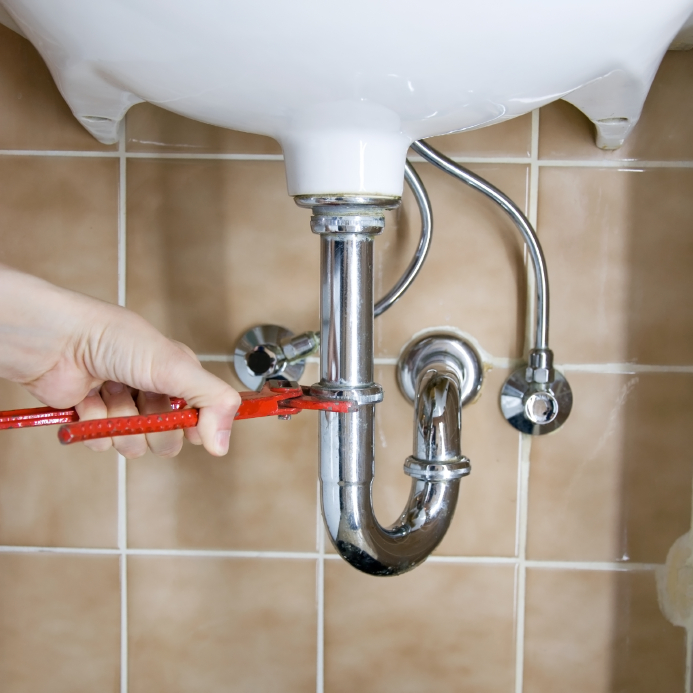As your home begins to age, you may notice an increase in the number of sounds emanating from within its confines. Even though the sounds of banging, screeching, whistling, and hissing may conjure up images of the uncanny, they could be the result of a plumbing problem.
The purpose of this essay is to teach you how to identify the source of these noises and determine if they are a severe concern or not.
Noises That Resemble Banging
Typically, pounding noises originating from your pipes indicate a problem with the flow of water or the pressure of the water. Trapped air bubbles and water hammers are two of the most typical causes of this problem.
An example of a water hammer is when moving fluid is suddenly obstructed by turning off the tap or faucet. This is referred to as hydraulic shock. When the water’s motion abruptly stops, a pressure wave is created that travels through the pipe system, resulting in a loud bang. This phenomenon does not necessarily result in a loud bang in your pipes, but a series of lesser bangs can also characterize it.
Another noise source is trapped air in your water line, which is a common problem. When you turn on a faucet and instantly hear pounding, this is a warning sign that you have trapped air in the system. You may hear a bubbling sound depending on how much air moves up and out of the line.
There are many reasons for these issues, and you may want the services of a professional plumber to assess and resolve the situation.
Humming
In some cases, when your plumbing system’s water pressure is too high, the pipes might start vibrating physically. The vibration might cause a buzzing sound behind your walls, which is most evident when your water is running.
Houses that take their water from wells are particularly prone to high water pressure levels, but any residence can experience high water pressure at any time. Make certain that the pressure in your water tank is not more than 55 PSI (pound-force per square inch).
If you do not have access to a water pressure meter or are unsure about the proper setting, call a local plumber in your area for assistance.
Gurgling
When your plumbing system is attempting to drain out extra water or waste, it may make a gurgling sound as it does so. This is normal and sounds similar to the gurgling sound you would hear when emptying a bottle of liquid.
Gulping or gurgling sounds may indicate that a clogged pipe in your system is causing the problem. The options include everything from a physical obstacle, such as a piece of plastic, to anything as simple as a build-up of soap and debris on the water’s surface.
A competent plumber can rapidly clear debris or build-up in your pipes, eliminating the sound.
Rattling
Pipes are hidden beneath your home’s walls, floors, and ceiling, and they are fastened to the structure of your home by a series of fasteners. If the fastener becomes loose or entirely detaches from the pipe, the pipes are free to move when the water passes through them. When this occurs, you may be able to hear the rattling sound the pipes create as they hit against the bolts or other pieces of material.
Any rattling or shaking behind your home’s walls, floors, or ceilings indicates that it is time to call in a plumbing professional to locate and secure the pipe, thereby silencing the sound.
Blowing Or Squealing Your Horn
Your plumbing system is a complex network of pipes, valves, and other minor components that must work together to function properly. When these tiny bits of hardware, such as washers, nuts, and bolts, wear down over time, a high-pitched whining noise will be heard.
Breaking or worn washers near your dishwasher or washing machine are the most prevalent source of whistling or squealing in your plumbing system. As a result of the movement caused by those appliances, washers get loose, and nuts and bolts become brittle more quickly than normal. If you hear this noise near such appliances when you operate them, you should have a plumber inspect the system to ensure that all components are in the correct operating



